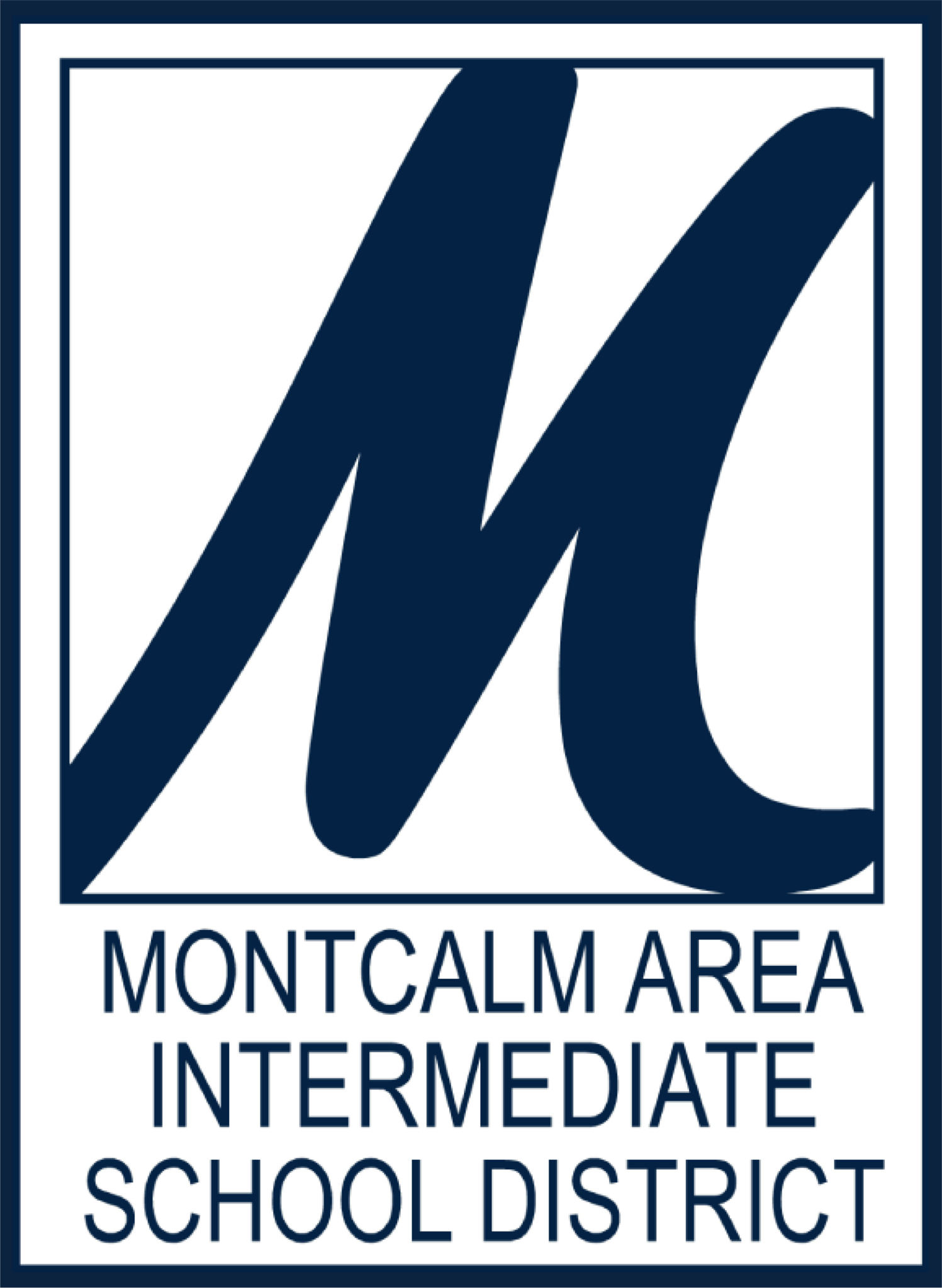Integrated and Continuous School Improvement
Audience & Purpose
This page is intended help educational stake holders understand how MAISD actively partners and collaborates with local districts to cultivate organizations that continually work to improve and increase student achievement.
MAISD Continuous Improvement Service Delivery
Continuous improvement in schools is a dynamic, integrated process that proactively addresses challenges and implements evidence-based strategies to create a more effective, equitable learning environment for all students.
The MAISD Instructional Services team is proud to partner with schools and leaders to best serve and improve educational outcomes in the MAISD service area. Our team provides consultation, coaching, and technical assistance in the following areas:
Professional Leadership Growth
Planning, Communication, Problem Solving, Evaluation, Management, NELP Standards, Leadership and Organization Review and Reflection Opportunities
Systems and Organizational Development
Curriculum, Instruction, Assessment, Coaching, Professional Learning, Culture and Climate, MTSS, Administrative Functions, Knowledge Management, Coaching
Support of Implementation and the Continuous Improvement Process/Platform
Assessing Needs, Developing Plans, Aligning Funds, Implementation Science, Implementation Stages, Active Implementation Framework, Facilitation, Protocols, Resources to Support Organizational Change
Technical Assistance and Professional Consultation
Use and Management State and Federal Funds, Grant Management, Accountability, Assessment
For more information contact:
Will Lepech
Continuous Improvement Coordinator
Schedule an Appointment HERE
What is continuous improvement and why is it important?
What is continuous improvement and why is it important?
Continuous improvement is an ongoing commitment to quality improvement efforts and "is a process or approach to problem-solving that represents an ongoing effort to improve outcomes" (American Society for Quality, n.d. as cited in Best & Dunlap, 2014). In educational settings, continuous improvement is a cyclical, ongoing process focused on identifying areas for enhancement and implementing data-driven strategies to improve student outcomes, teaching practices, and school systems. It emphasizes a growth mindset, continuous learning, and collaboration among all stakeholders. Strategic leaders work to cultivate a organizational culture and climate where continuous improvement is fully integrated and results in improved student outcomes.
Key aspects of continuous improvement in schools:
- Data-Informed Approach - Data is used to identify areas for improvement and track the effectiveness of implemented changes.
- Plan-Do-Study-Act (PDSA) Cycle - A structured approach of identifying problems, testing interventions, analyzing results, and making adjustments is employed.
- Stakeholder Engagement - Teachers, administrators, parents, students and the greater community is engaged in the improvement process.
- Focus on Equity - All students, regardless of background, have access to high-quality education and opportunities.
- Context-Specificity - Improvement efforts must be tailored to the unique needs and context of each school.
- Continuous Reflection and Learning - Regular evaluation of the effectiveness of interventions making adjustments as needed.
- Coherence and Connections - Aligning school initiatives with broader district goals and connecting different programs and initiatives.
Benefits of Continuous Improvement:
- Improved Student Outcomes - Increased achievement, higher graduation rates, and increased engagement in learning.
- Enhanced Teaching Practices - More effective instruction, increased teacher collaboration, and improved professional learning opportunities.
- More Efficient School Systems - Improved resource allocation, streamlined processes, and greater accountability.
- Stronger School Culture - Increased collaboration, communication, and shared ownership of improvement efforts.
What is the continuous improvement process for Michigan schools?
Introduction to Michigan's Continuous Improvement Process (MICIP)
The Michigan Integrated Continuous Improvement Process (MICIP) is a pathway for districts to improve student outcomes by assessing whole child needs to develop plans and coordinate funds. MICIP represents a Mindset, a Process, and a Platform.
Mindset
The Continuous Improvement Mindset refers to four elements:
- Equity – Each student has the opportunities, environments, and supports to succeed.
- Continuous Improvement - A district-driven process with on-going small improvement cycles in the context of the larger cycle.
- Whole Child - The needs of the whole child are addressed and supported by the whole school and the whole community.
- Systems - Systems are developed to support implementation plan.
Process
The Michigan Continuous Improvement Process is a comprehensive and iterative cycle.
- Needs are assessed by analyzing whole child data and engaging in root cause analysis to identify the reason(s) for the data and the resulting challenge.
- Plans are comprehensive and intended to address prioritized needs through goals, strategies, and activities; identify system supports; and blend or braid funding sources.
- Implementation occurs with Monitoring to ensure it addresses the required capacity, fidelity, and scale/reach and achieves the intended impact.
- Evaluation helps ensure that plans reach their identified targets.
Platform
The MICIP Platform is a streamlined web-based application allowing districts to engage in continuous improvement with integrated tools and resources. It is intended to facilitate the conversation around the elements of continuous improvement and provide a place to record the thinking resulting from such a conversation that will lead to a continuous improvement plan and supporting plans.
Additional Resources
- MICIP Summary - A summary of the Michigan Integrated Continuous Improvement Process (MICIP) used by districts to improve student outcomes.
- Michigan Department of Education: MICIP Website - MDE's MICIP support website is available with resources and information.







